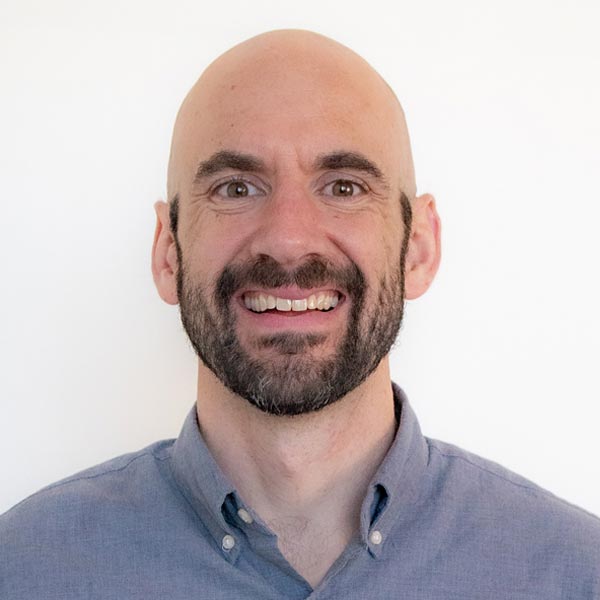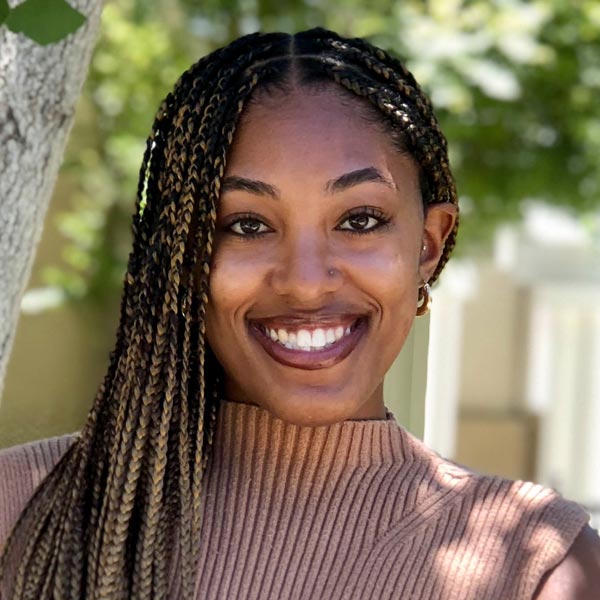Supporting Rural Students in Oregon in High School and Beyond

Two-thirds of Oregon high schools are in rural areas of the state. Thus, increasing rural Oregonians’ college access and completion rates will be one key to achieving the state’s goal that 80 percent of all Oregonians will earn a postsecondary degree or credential by 2025.
In 2020, The Ford Family Foundation partnered with Education Northwest to conduct a study of college enrollment, persistence, transfer, and completion outcomes for rural and nonrural Oregon public high school graduates—updating and expanding on what we learned from a 2015 Regional Educational Laboratory Northwest study. The goal of the work was to shed light on rural student postsecondary access and attainment and use the findings to increase Oregon’s commitment to rural student achievement. The 2020 study relied on quantitative data to identify postsecondary outcomes (and outcome gaps) for Oregon rural and nonrural students. To gain a deeper understanding of this topic, the Foundation expanded its work with Education Northwest to conduct a second study drawing on perspectives from high school students, families, and high school and college educators about rural students’ pathways after high school.
Quantitative and Qualitative Studies of Rural Postsecondary Outcomes
For this work, Education Northwest researchers:
- Collaborated with The Ford Family Foundation to define research questions and methods and to make meaning of the findings
- Defined rurality by using classifications from the National Center for Education Statistics and Urban Influence Codes, with modifications based on the Foundation’s internal categorizations
- Studied two decades of quantitative data on college enrollment, persistence, transfer, and completion rates for both rural and nonrural students, examining differences in outcomes between the two groups
- Conducted interviews and focus groups with 53 participants including students, families, educators from 10 rural Oregon high schools, and college staff members who support rural students
- Assembled a nine-member advisory group including rural educators and a college student with a rural background
Supporting Rural Students’ Postsecondary Decision Making
The quantitative study, Supporting Rural Students in Oregon: A Study of College Enrollment, Persistence, Transfer, and Completion Outcomes, found that rural students in Oregon—especially male students—have lower rates of college enrollment, persistence, and completion than do nonrural students. The study also found that Latinx students represent a large and growing population in rural areas with steadily increasing college enrollment but declining college persistence. These findings led to the development of briefs focused on rural male college enrollment and completion and rural Latinx students, respectively. This study also led to The Ford Family Foundation’s investment in a new rural male student success initiative at four rural community colleges.
The qualitative study, Exploring How Rural Students in Oregon Make Decisions about Education and Training After High School, highlighted the importance of family and finances for rural student decision making about life after high school. The study also suggested that rural students need more exposure to the variety of education and training pathways they can pursue after high school. In addition, this qualitative study provided practical recommendations for high schools, colleges, and universities across Oregon that serve rural students. The report’s expected impact is to better support rural student decision making about life after high school by leveraging existing resources and partnerships, including those between rural high schools and Oregon colleges and universities.
Education Northwest has presented both studies across Oregon to bring attention to rural student postsecondary outcomes and how to better support rural students in becoming informed decision makers in pursuit of education and training after high school.
When a segment of students is participating in education beyond high school at lower rates, it is a problem for the economic and civic future of our state. As we seek to raise awareness of the hopes and dreams—and inequities—of rural students on their path to postsecondary completion, Education Northwest has been a thoughtful and collaborative partner. Beyond their research and evaluation prowess, they are truly committed to the success of students in Oregon and have helped us amplify the rural student experience and opportunities to make it better.
—Denise Callahan, Director, The Ford Family Foundation
Download Case Brief
Project Team
-

Michelle Hodara
-

-

Emi Fujita-Conrads
-

Destiny McLennan
